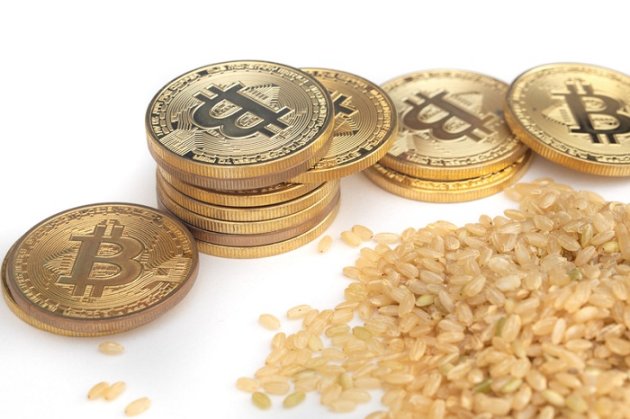For many of us, checking market news has become part of the daily routine. A quick scroll through headlines, maybe a glance at your portfolio, and a peek at your favourite chart — whether it’s the ASX, the Dow, or even https://cryptomarketnews.com.au/price/bitcoin/. It feels productive. Responsible. Smart.
But staying “informed” doesn’t always mean staying wise. In fact, the way you consume market news could be causing you more stress than insight — and even leading to poor financial decisions.
Here are the most common mistakes people make when checking financial news, and how to avoid them.

Table of Contents
Checking Too Often
It’s easy to fall into the trap of watching markets like a live scoreboard. The problem? Most of the minute-by-minute movement is just noise. Unless you’re a day trader (and even then…), reacting to every uptick or downturn won’t help your strategy — it’ll cloud it.
What to do instead:
- Limit check-ins to once a day or even once a week
- Zoom out — look at weekly, monthly, or yearly charts, not daily ones
- Use alerts or summaries if you want updates without distraction
Confusing Headlines With Meaning
News sites need clicks. That means headlines are often written to be dramatic or urgent — even if the actual news is less extreme.
A market “plunge” might be a 1.5% dip. A “rally” could just be a minor bounce back from yesterday’s loss. If you’re reacting based on the headline alone, you’re not getting the full story.
What to do instead:
- Read beyond the headline before drawing conclusions
- Look for context: Why is this movement happening? What’s the bigger trend?
- Avoid sources that use emotional or sensational language too often
Thinking Market News = Personal Advice
This is a big one. Just because the market is doing something doesn’t mean you need to do something. Financial news is general by nature — your financial plan is personal.
For example, rising interest rates might not impact you directly if you’re not carrying certain types of debt. A crypto dip might not matter if your investment strategy is long-term.
What to do instead:
- Always ask: Does this apply to me?
- Compare the news to your financial goals and timeline
- Talk to a financial adviser if you’re unsure whether a headline should influence your decisions
Following Too Many Sources
Information overload is real — and it can lead to confusion, contradiction, and decision fatigue. When you follow ten different experts, five YouTubers, and three news apps, you’ll probably hear ten different takes on the same event.
What to do instead:
- Pick 2–3 trusted, balanced sources and stick with them
- Choose sources that prioritise education over hype
- Use content aggregators or newsletters to filter key insights without the noise
Letting It Stress You Out
Market news is often unpredictable. And if you’re checking it constantly, it can start to influence your emotions and mindset — even if your finances are fine.
You might feel anxious, impulsive, or like you’re “missing out.” And those feelings can lead to reactive decisions that hurt in the long run.
What to do instead:
- Take a break from the news if it’s causing stress
- Revisit your strategy and remind yourself why you set it
- Don’t confuse short-term volatility with long-term failure
Smarter Ways to Stay Informed
You don’t need to avoid market news — you just need to engage with it better. Try setting a rhythm that works for you. Maybe it’s:
- A Sunday morning review of weekly market summaries
- Monthly portfolio check-ins
- Using a single, trusted podcast or newsletter to keep up with key movements
And if a major event happens? You’ll hear about it.
The goal isn’t to know everything — it’s to understand enough to stay calm, focused, and confident in your financial decisions.
So if you’ve been checking too often, jumping at headlines, or feeling overwhelmed, give yourself permission to slow down. The market isn’t going anywhere — and neither is your long-term success.




